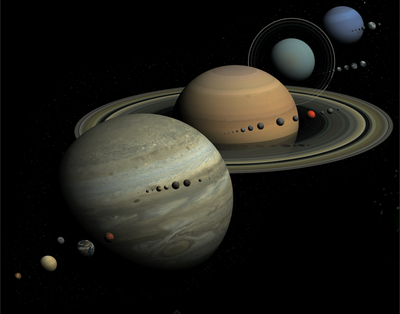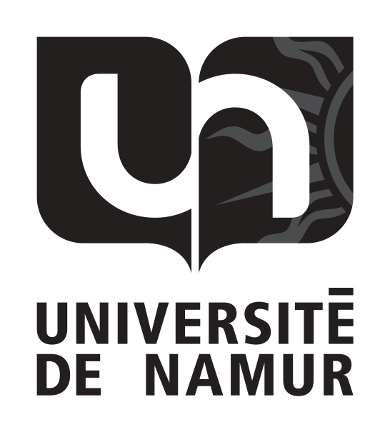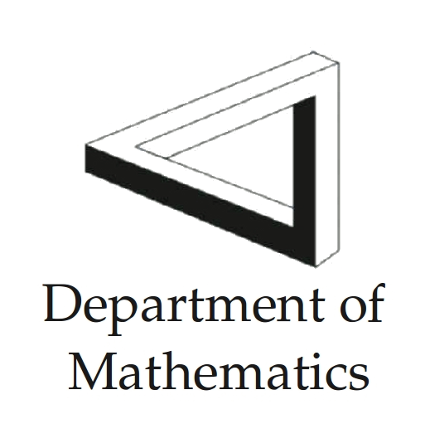Projects
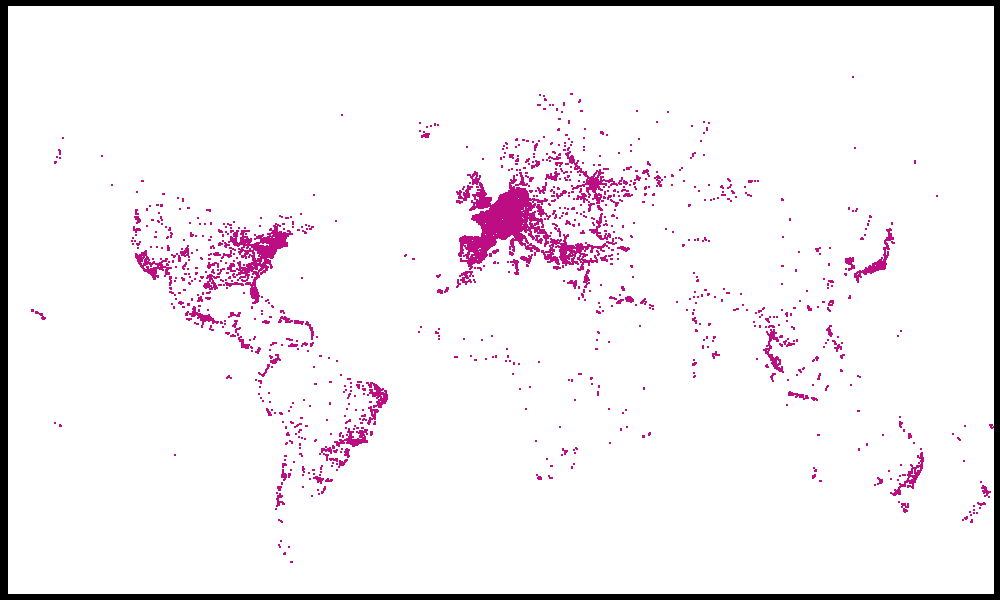 2013-2014 : Where do we go next ?
2013-2014 : Where do we go next ?
Nowadays, Internet and the improved connectivity of everyone through apps, improved the amount of data available. We can follow people during their everyday activities, according visited locations and time stamps. By using data from Foursquare and Twitter, the goal of this project is to follow some representative agent and the flow through some representative location. Another objective is to create a prediction model allowing to forecast the next check-in from the knowledge of the present one and the previous one. Interested in knowing more? See here.
Academic project leader: T. Carletti
2012-2013 : Artificial Intelligence with a robot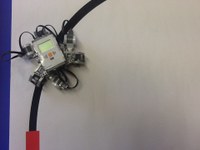
This year's project will be to design a robot Lego Mindstorms that can realise different tasks like path following or avoiding obstacles through artificial intelligence techniques. Computer simulations of the robot are used to pre-train the brain of the robot, before going to real world applications and real-time learning. Read more about this here.
Academic project leader: A. Füzfa

2011-2012 : Gift me 5
The goal was to develop a website helping users at finding gifts for their friends. In a nutshell: when a Facebook user logs into our website, an access to his Facebook profile is granted, thereby feeding our algorithms with the profiles and the likes of his friends. By using standard techniques from recommender systems and network theory, potential gifts are identified, and links to Amazon proposed to the user. This project has been developed in collaboration with the Psychometrics Center from Cambridge University.
Academic project leader: R. Lambiotte
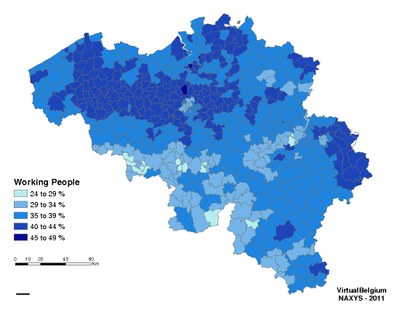
2010-2011 : Synthetic population
The objective of the project was to estimate a synthetic population for Belgium, consisting of individuals and households, which is reasonably close to the true population from the statistical point of view. This estimate should be based on existing data and should also allow to take into account inconsistencies between data sources. The synthetic population, initially static, was then studied from a dynamical point of view by the analyse of its evolution from 2001 to 2011.
Academic project leader: Ph. L. Toint
2008-2009 : Study of a planetary system and launching/control of a spacecraft
The students were in the role of alien mathematicians employed by the space agency of some extrasolar planet. The first goal of the project was to construct a precise model of their planetary system using a virtual telescope. Secondly, the students were asked to determine the data needed to launch a spacecraft in order to explore a planet in their vicinity (launch direction, fuel payload...). And finally, the spacecraft was equipped with a small motor (to control his trajectory) so that the students must manage to avoid a cloud of asteroids.
Academic project leader: A. Sartenaer
